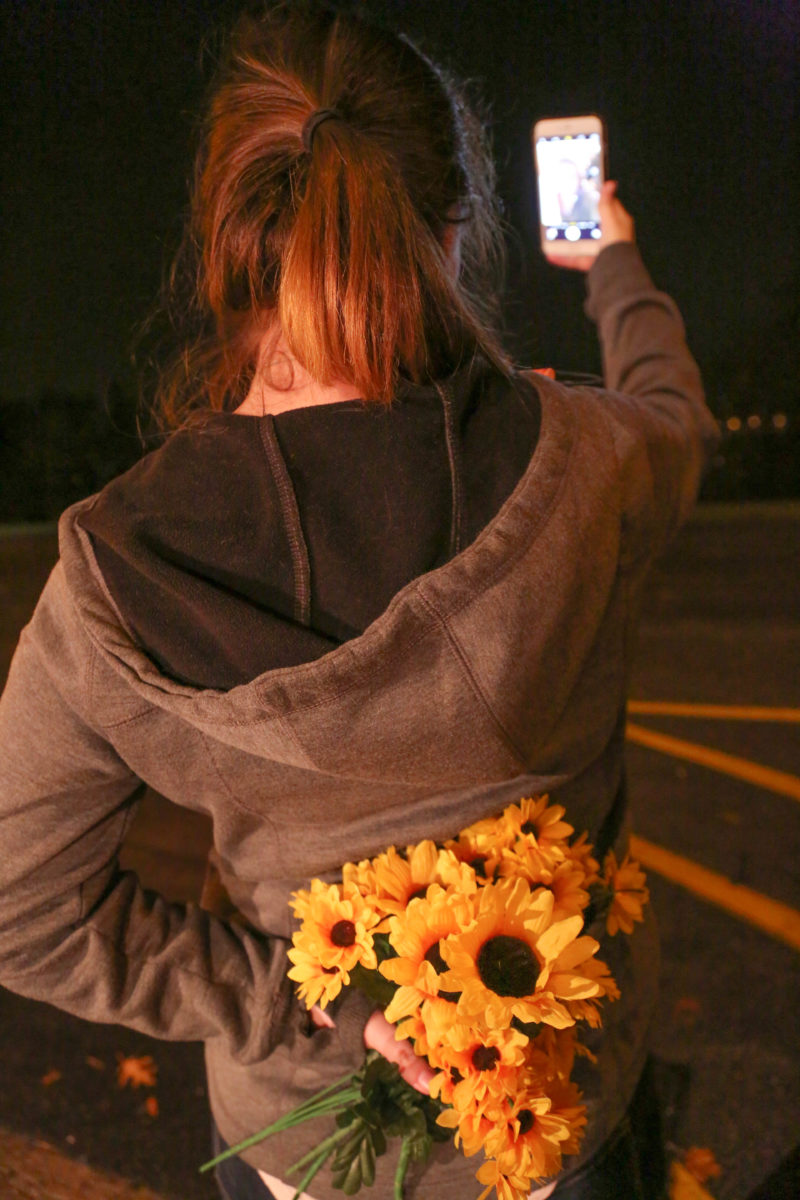
After news broke that ISIS had attacked several locations throughout Paris, killing 129 people and injuring hundreds of others, people immediately took to social media to express their sympathy. The hashtags “prayforparis” and “prayersforparis” were quickly formed, and Facebook soon offered the option of adding a red, white and blue filter of your profile picture.
Despite the fact they were created in order for people to show their support, both have faced a lot of backlash as well.
“I think that the filter is a beautiful way to show solidarity and support for those in Paris, and I’ve seen so many people participating,” said Rachel Slipp, a second-year human rights major at St. Thomas. “For me, it shows that people will not stand for such horrible acts.”
However, several other tragedies simultaneously happened and didn’t garner quite the same amount of attention. Beirut, Lebanon suffered bombings and attacks on the same day. Similarly, an attack at a Kenyan university left 147 dead back in April. Neither one of these events generated Facebook filters or hashtags. In comparison to events like the Paris attacks, they went generally ignored.
“Acts of terror take place around the world everyday,” said Slipp. “I’m interested in seeing if Facebook will allow the option to add filters for what has happened around the same time as the attacks in Paris, and might happen in other countries in the future.”
For others, it’s the concept of the filter itself that causes some problems. In a New Yorker article, Ian Mcewan reffered to people gathering near the shrines set up outside the attack sites.
“The selfie sticks are out,” he wrote. “It will matter to have been here, and to have the proof.”
Will Cumming, a journalism student at STU, compared this to the filters. According to him, both cheapen the sympathy people are showing and make it seem less genuine.
“To me that almost makes your support seem less genuine, like you are only doing it for appearances,” said Cumming. “That is sort of what the Facebook profile pictures feel like to me. Like you are advertising that you care.”
Others are happy to help in the smallest of ways. Thomas Simmons, a first year student at STU, believes that the support these filters offer is enough to help.
“While obviously they have no impact on the problem itself, the negativity they’ve been receiving is pointless,” said Simmons. “They made them so people can show their support and thoughts for the people of Paris.”
Showing support can be comforting to those affected, but Cumming thinks there is more we can do. According to him, educating ourselves on what’s going on in the world is the first step towards a better future.
“Organizations like ISIS conduct these sorts of attacks to make us fear them, to give themselves legitimacy. They feed on ignorance. I think the best thing that you can do in these situations is to support those who have been affected, and then to educate yourself.”
